7 clever ways to re-purpose unwanted Christmas gifts to clean and organize your home
Put surplus presents to good use in your home and garden
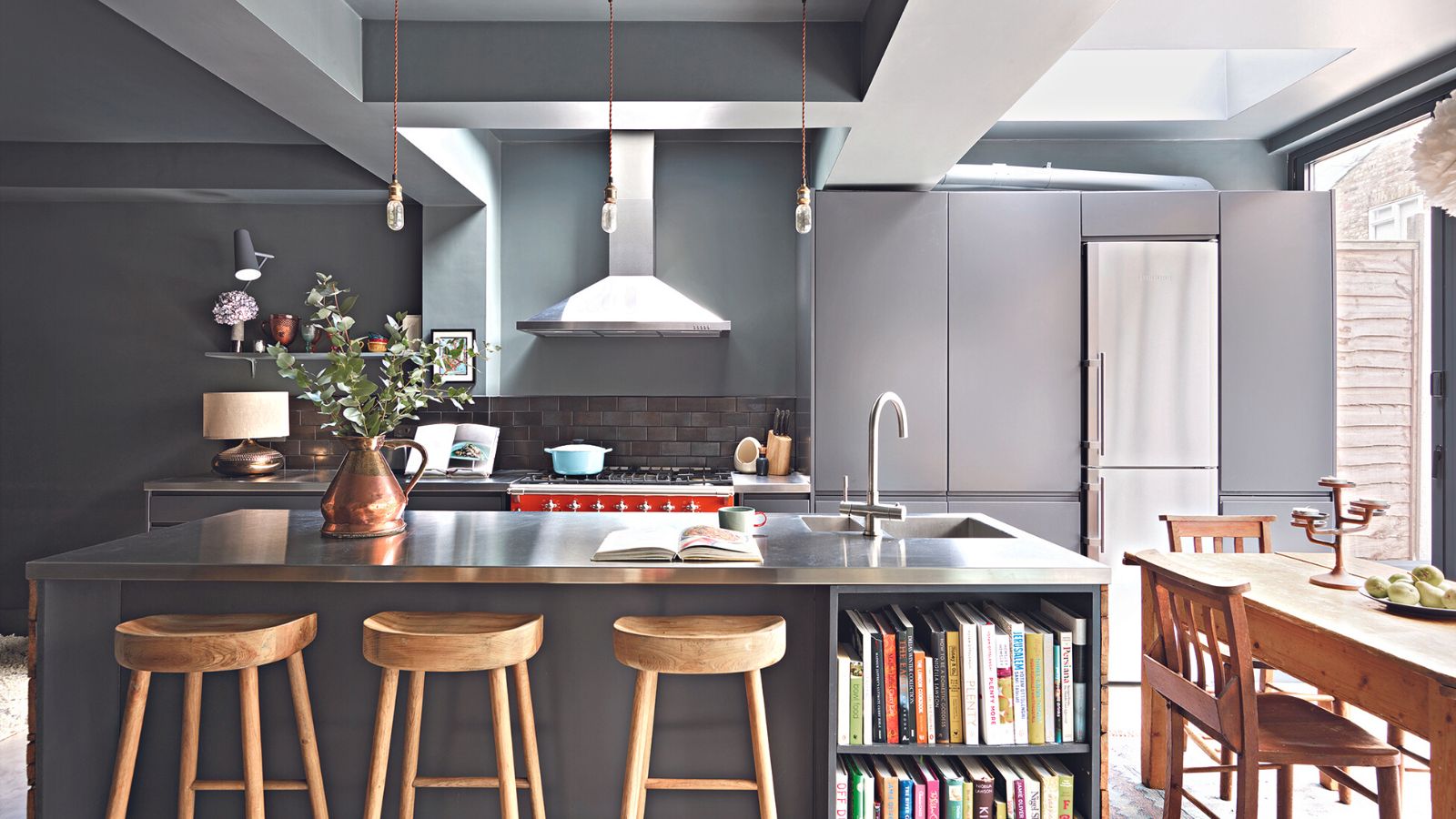

The festive season is officially over, but those Christmas gifts you never asked for can turn into clutter quickly if you have no idea what to do with them.
The good news is there are seven commonly-gifted items you can smartly re-purpose and put to great use around your home in unexpected ways.
Our experts reveal how to transform your unwanted presents into cleaning and organizing tools, from using them as ingredients in the best DIY cleaning solutions to re-purposing them for home organization.
7 ways to re-purpose your unwanted gifts
Whether you’re looking for budget cleaning hacks or eco-friendly organizing tips, unused Christmas presents can shift gears and become gifts that keep on giving.
1. Keep clothes for crafting and cleaning
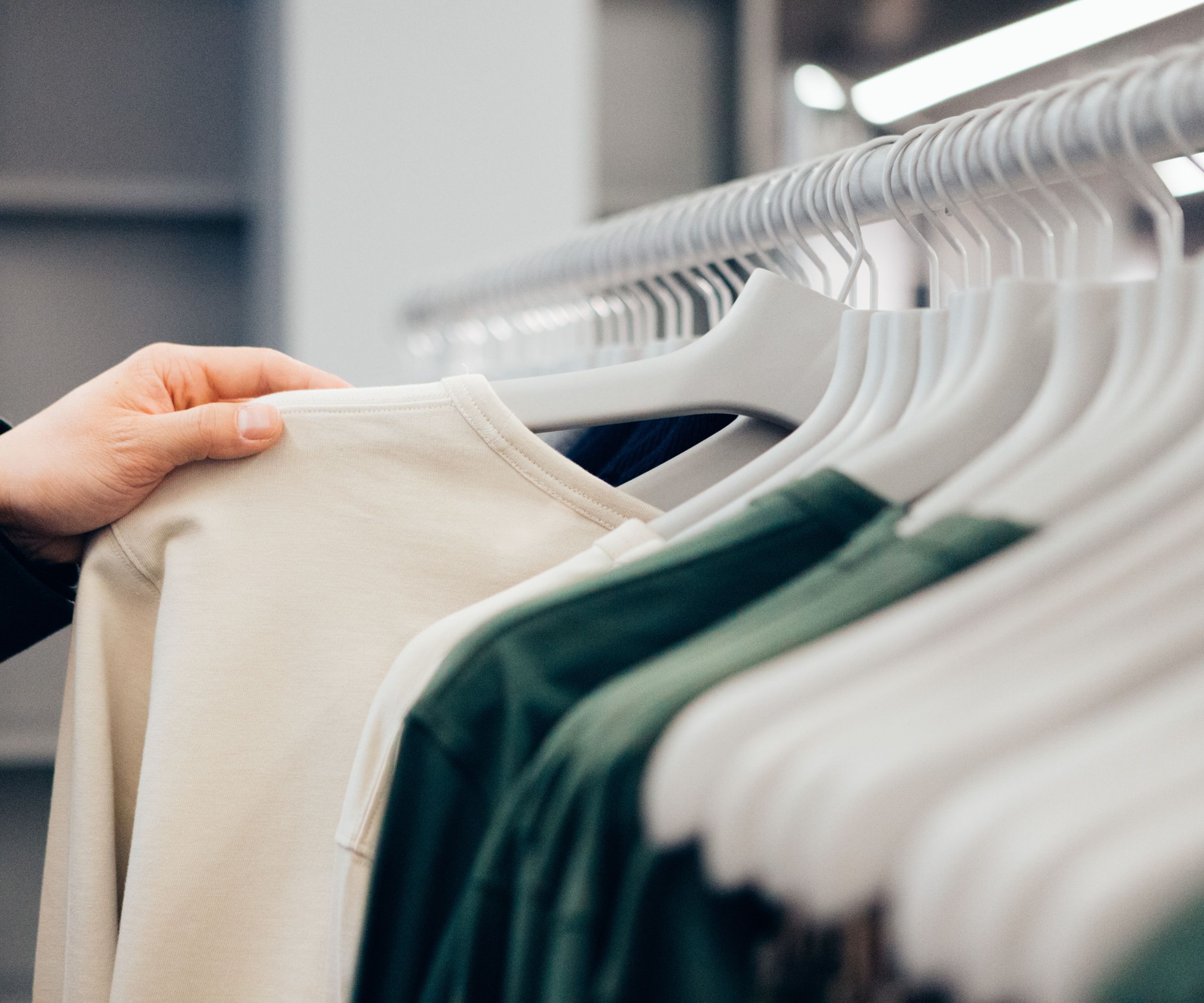
A recent survey found that over half of Americans will have opened at least one unwanted gift over Christmas. The most common was clothing, with 43% of those surveyed revealing they received clothes they didn’t want.
Instead of letting apparel languish in your drawers, you can use them for a wide range of purposes, including DIY and crafting.
Lisa Cantu, certified professional organizer at An Organized Home OC says, ‘Unwanted T-shirts can be used as cleaning cloths, while sweater and sweatshirt sleeves can be stuffed and used for DIY draft-proofing.’
The pro home organizer also suggests filling those novelty Christmas socks with three cups of uncooked rice, then adding around 10 drops of scented oils or unwanted perfumes. Tie the ends of the socks into knots, and they can then be microwaved for 60 seconds and used as warmers or scented sachets.
If you received a perfume you would actually wear or don’t have scented oils to hand, Lisa recommends the 4.5 star-rated Cliganic The Classics Essential Oil Aromatherapy Set at Amazon. She says, ‘Lavender and eucalyptus are my favorites for relaxation, while peppermint is great for colds and flu.'
All prices correct at time of publication.
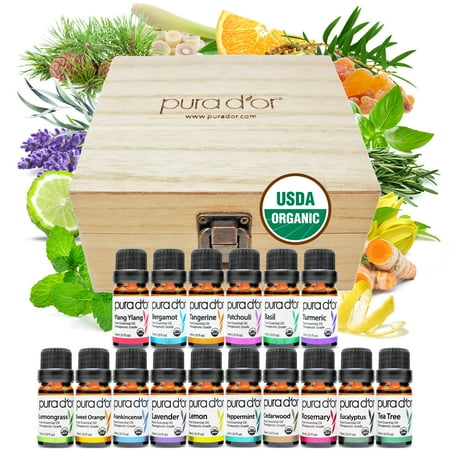
With scents ranging from lavender to tea tree, this complete starter set of essential oils is perfect for those who love to customize their home's scent and mix their own cleaning products.
2. Clean your bathroom with bath bombs and salts
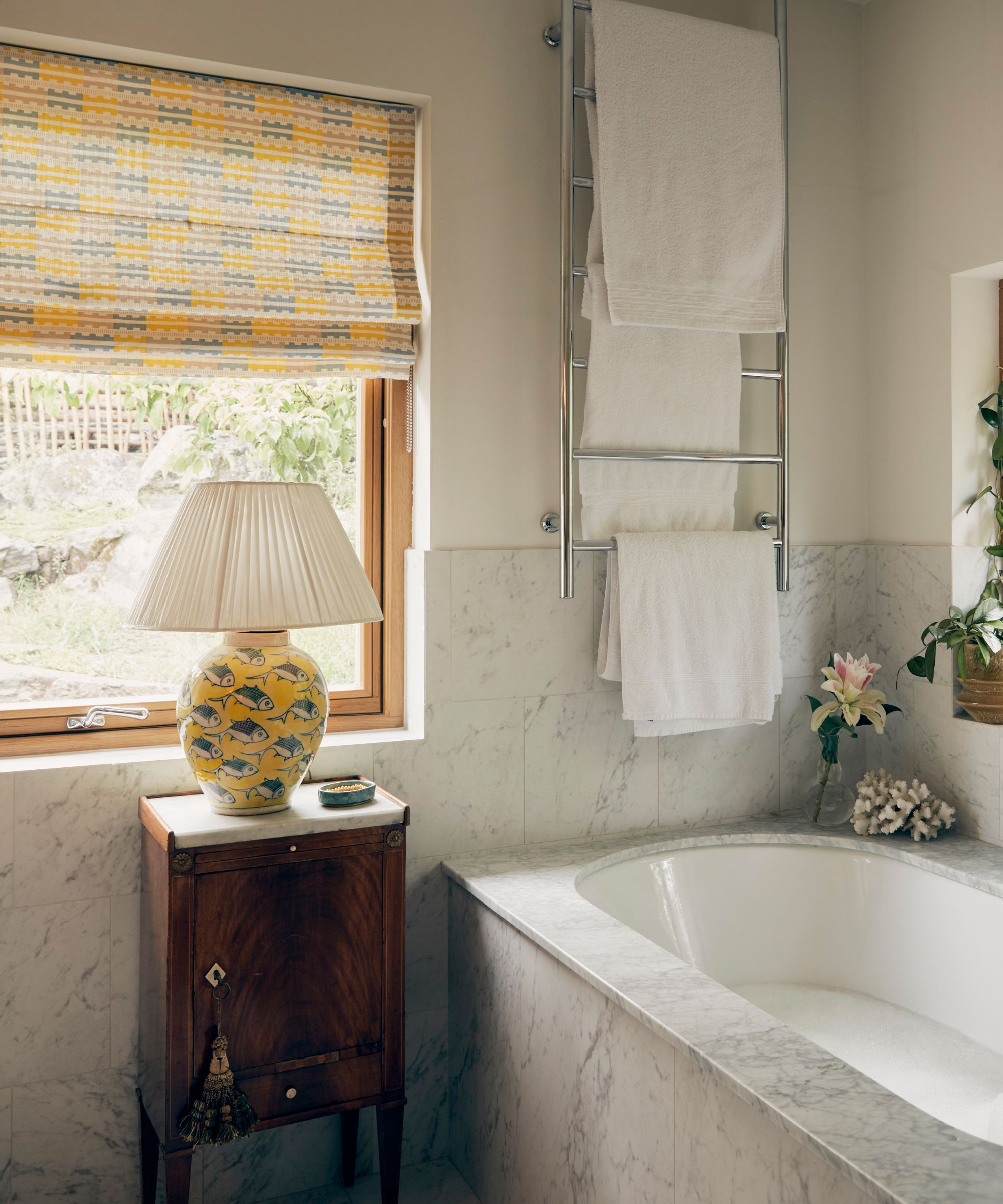
Received a gift set of bath salts or bombs, despite the fact that you’re a shower person all the way? These sets can take up valuable space in your bathroom storage, especially if you don’t have a tub), but these salts and fizzers can actually make your bathroom smell fresh.
Laura Ascher, a home cleaning and DIY author and creator at Our Oily House, says, ‘If you have bath bombs lying around, you can use them as a hands-free toilet bowl cleaner. Simply drop a bath bomb into the toilet with a few cups of hot water and let it dissolve for several minutes before flushing.’
To avoid overflowing and make your bath bomb toilet cleaner last longer, cut it into small sections and store in a Ziploc bag.
For toilets that need deeper cleaning, Ascher recommends grabbing a toilet brush (Silicone brushes, available at Walmart, are easy to disinfect) and giving them a quick scrub before flushing. ‘Just make sure to avoid bath bombs with additives like dried flowers or glitter, as these can clog pipes or leave behind residue,’ she adds.
As for bath salts, Ascher says these are great for unblocking greasy drains, as salt is excellent at neutralizing odors from grease buildup. She advises, 'Simply pour a generous amount of bath salts into the drain, followed by hot (but not boiling) water to dissolve the salts and clear away the grease. Fine-grain salts work best, but I have used Epsom salts [available at Walmart] and other similar coarse-grain salts.’
The minimalist and sustainability enthusiast also says to be sure the salts fully dissolve with the hot water to avoid creating more blockages.
3. Make glass shine with liquor

The season of boozy Christmas parties is over, and many will have made the New Year’s resolution to cut down on alcohol or participate in Dry January. If you’re looking to ditch the drink year year, you don’t really want that bottle of wine or vodka your co-worker gave you hanging around the house. Luckily, your leftover liquor can be made into an alternative to cleaning with rubbing alcohol in a number of DIY cleansing sprays.
One of the best tips for re-purposing liquor is using vodka for cleaning. Julie Edelman, cleaning expert and author of The Accidental Housewife (available at Amazon), says, 'Vodka, in particular, stands out as a natural sanitizer and eco-friendly cleaning alternative.’
One of Edelman’s go-to DIY cleaners is her fragrance-free vodka glass and counter cleaner, which mixes equal parts vodka and water in a spray bottle for quick evaporation to reduce streaks and kill germs. Thanks to its streak-free and antibacterial properties, the solution is suitable for windows, glass, mirrors, and countertops.
The lifestyle expert says, 'Use a fine-mist spray bottle and a microfiber cloth, such as the FLAIROSOL Continuous Mister, from Amazon and the FIXSMITH Microfiber Cleaning Cloth also at Amazon, instead of paper towels to avoid lint. These methods offer chemical-free, non-toxic alternatives to conventional cleaning products, utilizing items many households already have on hand.’
As a bonus, Edelman also suggests adding a few drops of the solution to vase water to slow ethylene production and keep flowers fresh in a vase.
The solution also makes a great jewelry cleaner. Simply submerge your jewelry briefly into the solution and use an old soft-bristled toothbrush or the Shinery Radiance Brush at Amazon to gently remove debris.
Rhonda Wilson, Quality Lead Cleaner at FreshSpace Cleaning also suggests using any unwanted hand sanitizer to clean glass surfaces. ‘The alcohol content cuts through grime on mirrors, windows, and even phone screens,’ she explains.
4. Condition leather with hand and body lotion

If you received hand or body cream with an overwhelming scent or that’s not suitable for your skin type, it doesn’t have to be tossed out or left at the back of your bathroom cabinet. Instead, take it to the living room to make leather furniture shine after cleaning a leather couch.
Rhonda Wilson adds, ‘That body lotion that’s too overpowering or smells off can condition leather furniture – same as lip balms! It can give a nice sheen and protect the leather from cracking.’
5. Organize your desk, kitchen, and bedroom
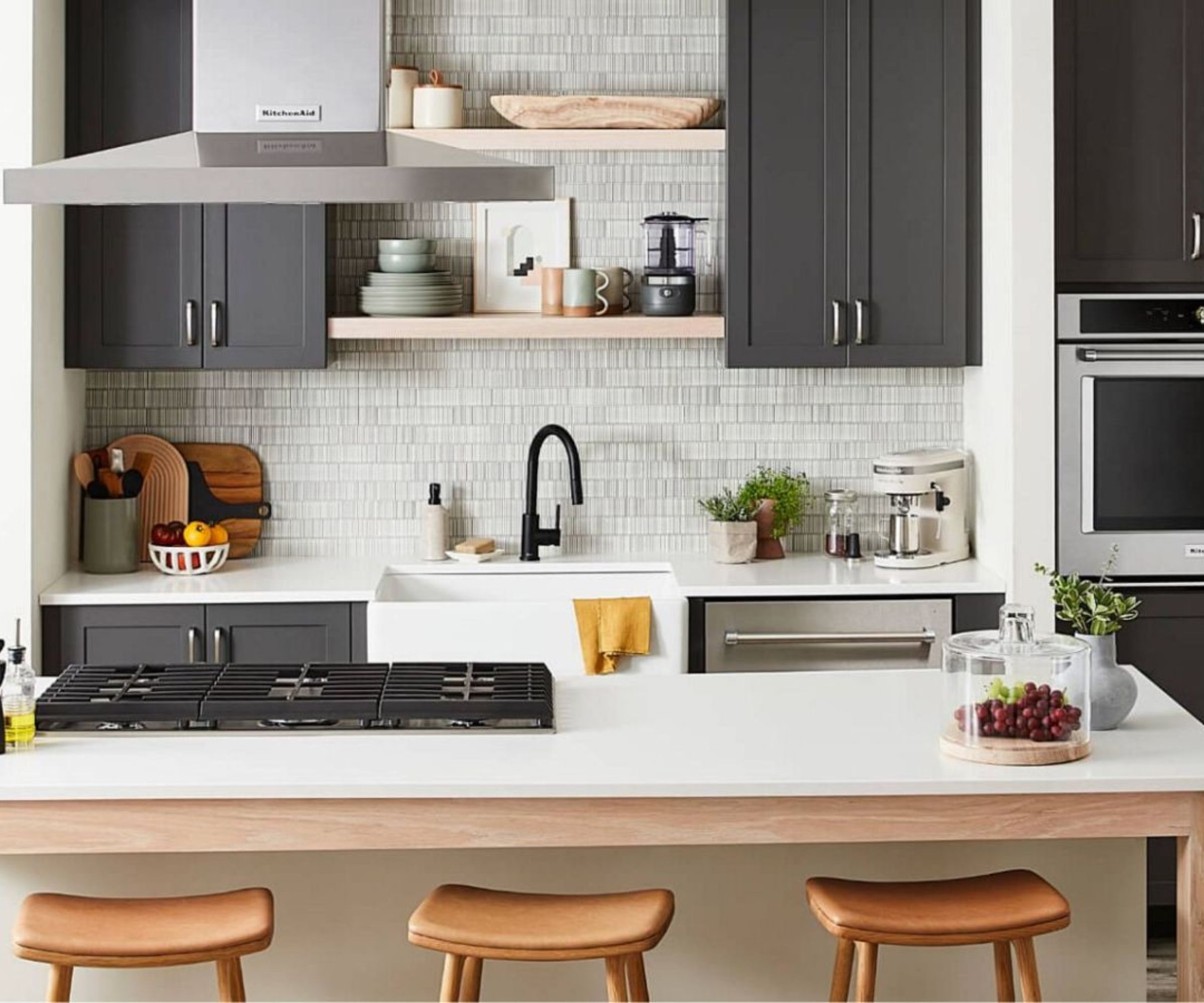
Are jars of your relative’s homemade goods sitting in your fridge? Did you receive a mug or bowl that doesn’t go with your kitchen’s decor? Use them to make your home look more organized.
Cleaning expert Wilson says, ‘I think, at some point in our lives, we’ve all received novelty mugs with embarrassing quotes or weird designs. You can use it to hold pens, pencils, or makeup brushes.’
She suggests using decorative plates that clash with your kitchen’s aesthetic as trays to organize a bathroom countertop or organize kitchen drawers. She also recommends turning that 2025 planner you’re never going to use into a notepad for jotting down to-do and shopping lists. She adds, ‘Planners are usually a go-to, last-minute gift, but If you’re not really the scheduling type, cut it up, clip the pages together, and turn it into a makeshift pad.’
Professional organizer Cantu also suggests using bowls to hold keys and other small items to organize an entryway, while mugs can be repurposed as small pots to grow window herbs. ‘Unwanted jars can be used as spice jars or used in the fridge to meal prep chopped fresh veggies and fruits,’ she adds.
6. Grow your garden with coffee and Epsom salts
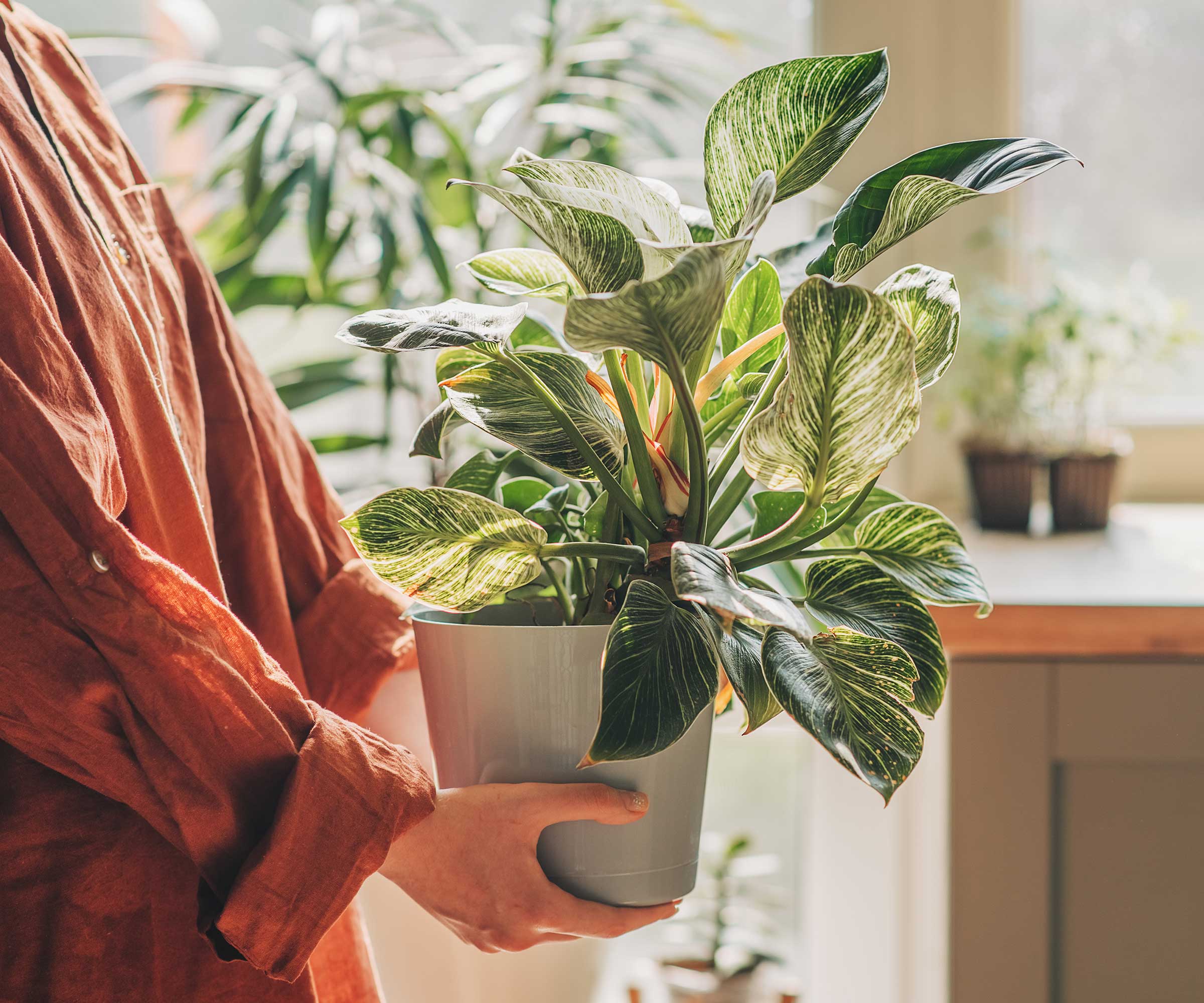
If you’ve got a green thumb or plan on growing your garden once spring arrives, be sure to save the coffee you don’t drink or the bath salts you won’t use.
Tammy Sons, Horticulturist and Founder of TN Nursery, says ‘I’ve found that Epsom salts and coffee grounds are both garden tools when used appropriately.’
The plant advisor explains that you can use Epsom salts to fertilize plants as they are high in magnesium, so are perfect for tomatoes and peppers to grow and bloom. She explains, ‘I take one tablespoon and put it into water only a few times a month to keep from overusing it.'
Coffee grounds are a great fertilizer for houseplants. Sons tells us she uses them to acidify the soil, which is ideal for azaleas and blueberries. ‘I compost them or sprinkle them sparingly around plants, so they won’t rebalance the soil,’ she adds.
Meanwhile, Ryan Farley, CEO of LawnStarter recommends either placing coffee grounds directly onto the soil around the base of your plants or incorporating it into a compost pile. He also says he’s heard enough anecdotal evidence of Epsom salts helping to bloom plants and recommends giving it a try. ’Epsom salts do best when dissolved in water and misted over plants and soil,’ he advises.
Sons, Farley and Jamie Mitri, Environmental Engineer at Moss Pure, all warn you should use these methods with caution. Mitri says, ‘Bath salts have a high pH level which can impact your soil and potentially damage plants in your garden that cannot handle higher pH levels or pH swings.'
7. Deodorize your trash with unwanted perfume
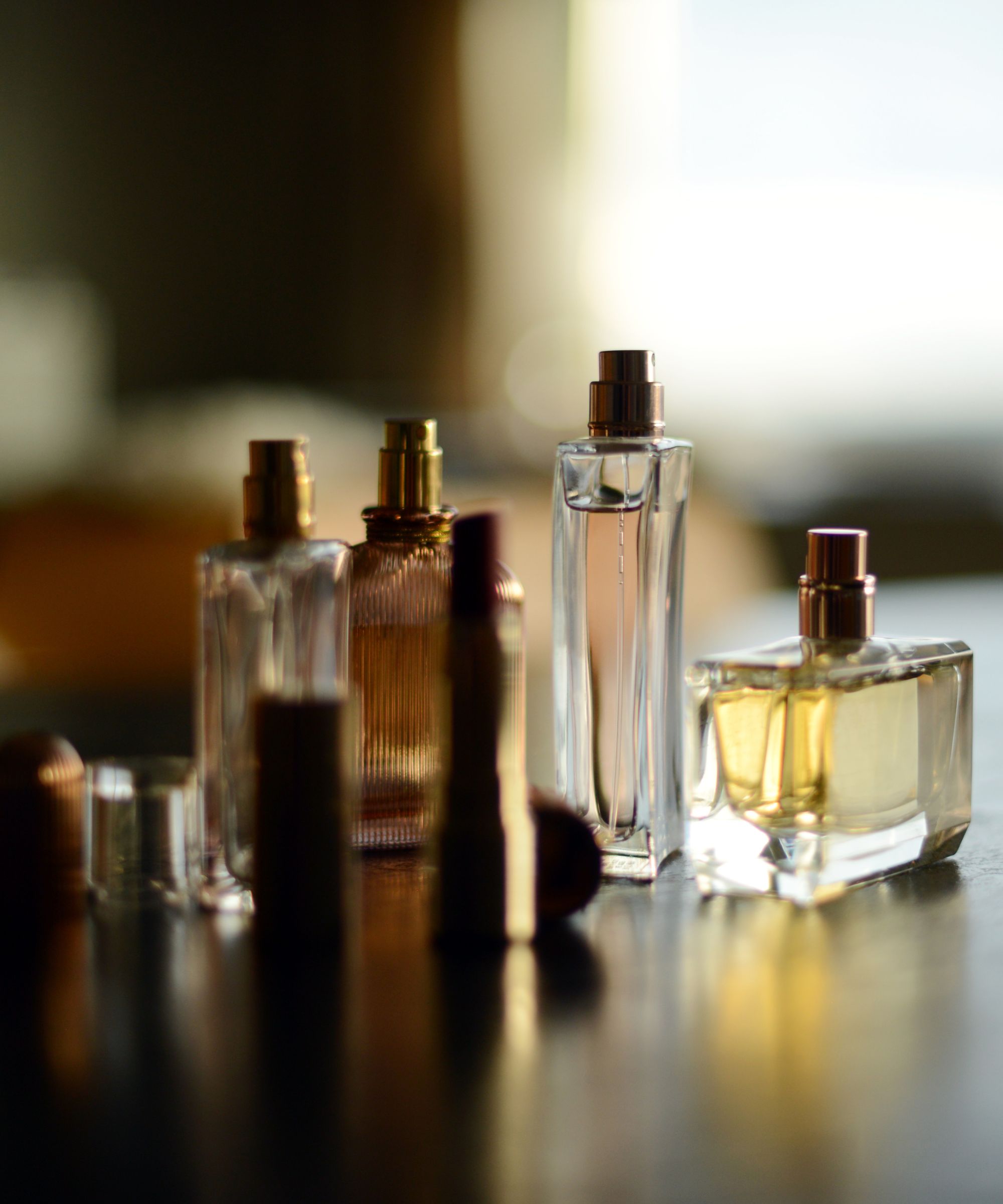
Perfumes can be highly personal, and fragrances that smell gorgeous on one person may clash with your skin’s chemistry, rendering that luxe fragrance your loved one gifted you into a bottle of smelly water.
However, cleaning specialist Wilson has another use for them if you want to know how to mask trash can smells. ‘For unwanted perfumes, spray them on your garbage liners to neutralize odors,’ she suggests.
Once you’ve taken the simple steps to clean a trash can, you can try this trash can paper towel hack, replacing essential oils with that unwanted perfume. Your kitchen, and your trash, will be smelling great in no time.
These quick tips will help you be more sustainable at home without the risk of upsetting any friends who might later see gifts relisted on online marketplaces.
Next, learn how to re-purpose old pillows around the home, and how to breathe new life into old bed sheets.
Sign up to the Homes & Gardens newsletter
Design expertise in your inbox – from inspiring decorating ideas and beautiful celebrity homes to practical gardening advice and shopping round-ups.

Frances is a contributor at Homes & Gardens, having written about homes and interiors for publications such as Tom's Guide and Bristol Life. She has experience testing and reviewing a wide range of products, from mattresses to wearable tech. Her career in journalism began at Cardiff University, where she earned a BA in English Language and Literature and an MA in Magazine Journalism. Outside of work, Frances loves reading non-fiction, and drinking herbal and green teas.
-
 This is the single best upright vacuum we've ever tested – and it's on offer with $130 off at Shark for a limited time only
This is the single best upright vacuum we've ever tested – and it's on offer with $130 off at Shark for a limited time onlyYou won't want to miss this one
By Dan Fauzi
-
 Nate Berkus says slipcovered sofas are back on trend – and I just found a way to create this designer-approved laid-back look from just $86
Nate Berkus says slipcovered sofas are back on trend – and I just found a way to create this designer-approved laid-back look from just $86This classic style is making a strong comeback, but did you know you don't have to buy a whole new couch to get this Nate-approved look?
By Eleanor Richardson
-
 This is the single best upright vacuum we've ever tested – and it's on offer with $130 off at Shark for a limited time only
This is the single best upright vacuum we've ever tested – and it's on offer with $130 off at Shark for a limited time onlyYou won't want to miss this one
By Dan Fauzi
-
 I'm an expert vacuum tester, and no, you really don't need a mattress vacuum – here's what to use instead
I'm an expert vacuum tester, and no, you really don't need a mattress vacuum – here's what to use insteadBefore investing in a new gadget, the tried-and-true methods still work
By Dan Fauzi
-
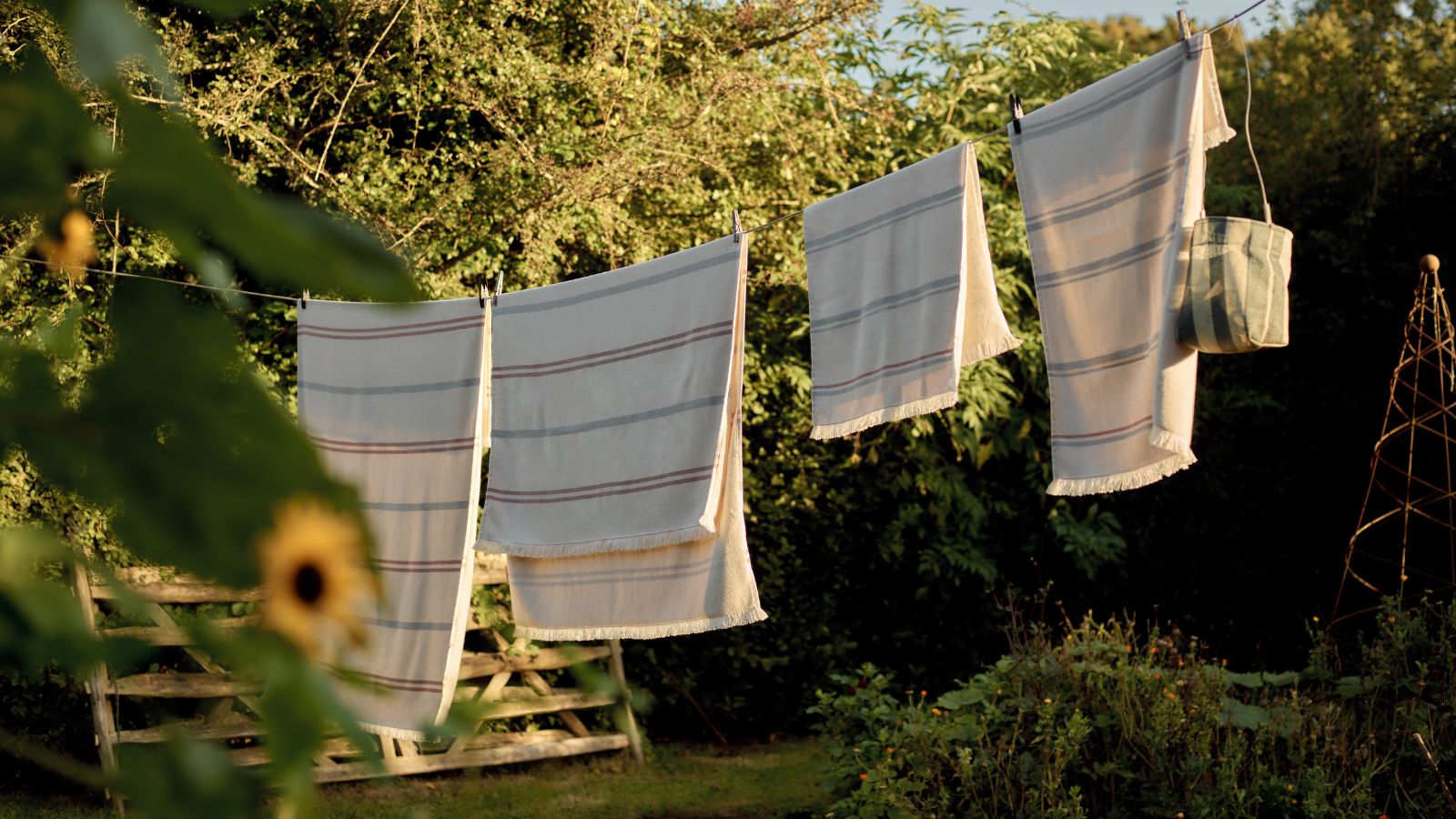 Should you dry your clothes outside if you have hayfever? Allergy specialists warn sufferers to steer clear of this 'major trigger'
Should you dry your clothes outside if you have hayfever? Allergy specialists warn sufferers to steer clear of this 'major trigger'Doing so can trigger asthma, coughing, itchy eyes and more
By Sophie Warren-Smith
-
 'It's not something I'm willing to budge on' – shoes on vs. shoes off, what type of household are you?
'It's not something I'm willing to budge on' – shoes on vs. shoes off, what type of household are you?Our professional cleaners are all in agreement on this one, but would you consider a switch?
By Ottilie Blackhall
-
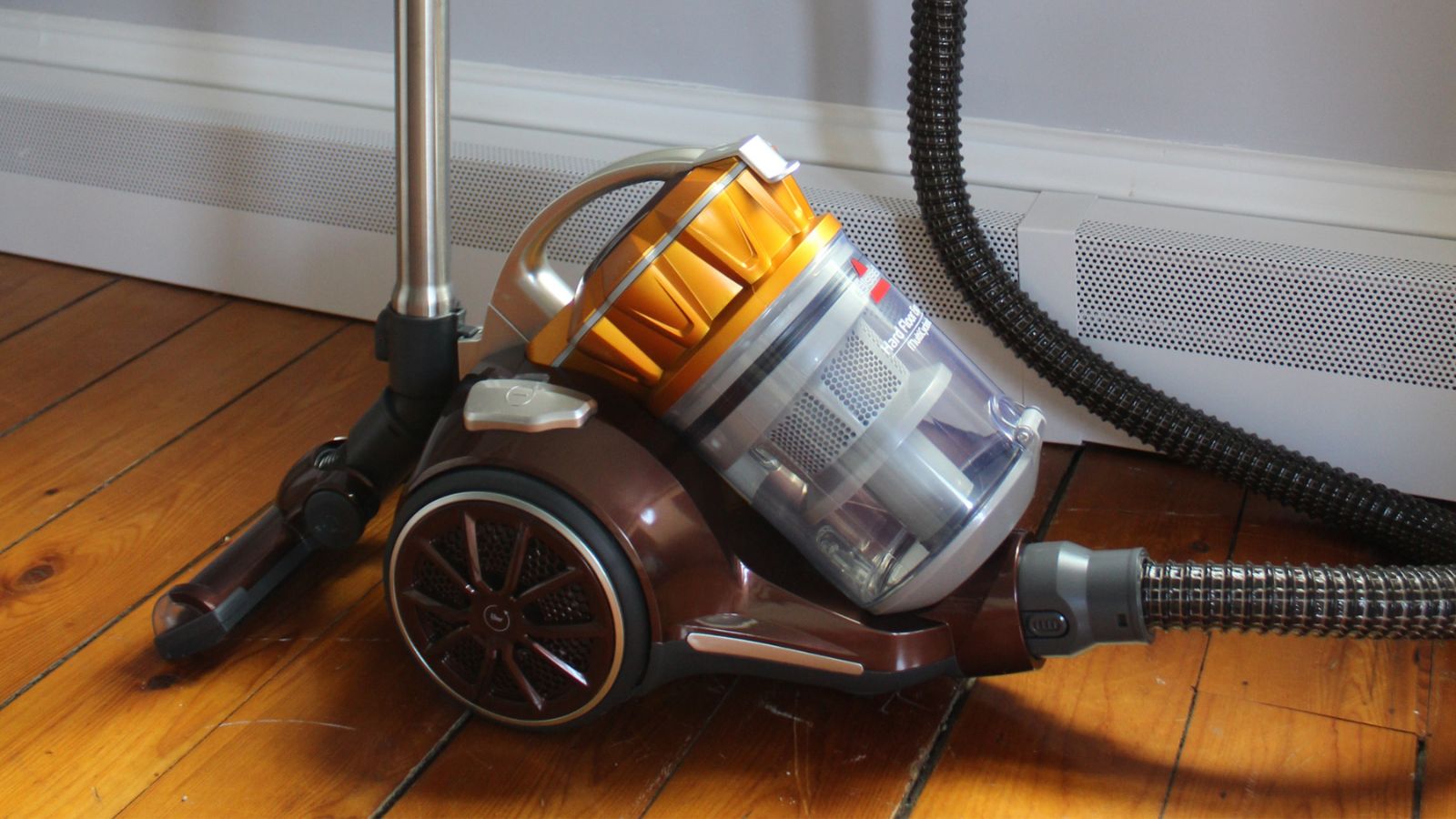 Bissell Hard Floor Expert canister vacuum review – if your home has smooth floors, this is all you need
Bissell Hard Floor Expert canister vacuum review – if your home has smooth floors, this is all you needAs the name suggests, this canister vacuum works wonders on hard floors, but even a low-pile rug is too much of a challenge
By Camryn Rabideau
-
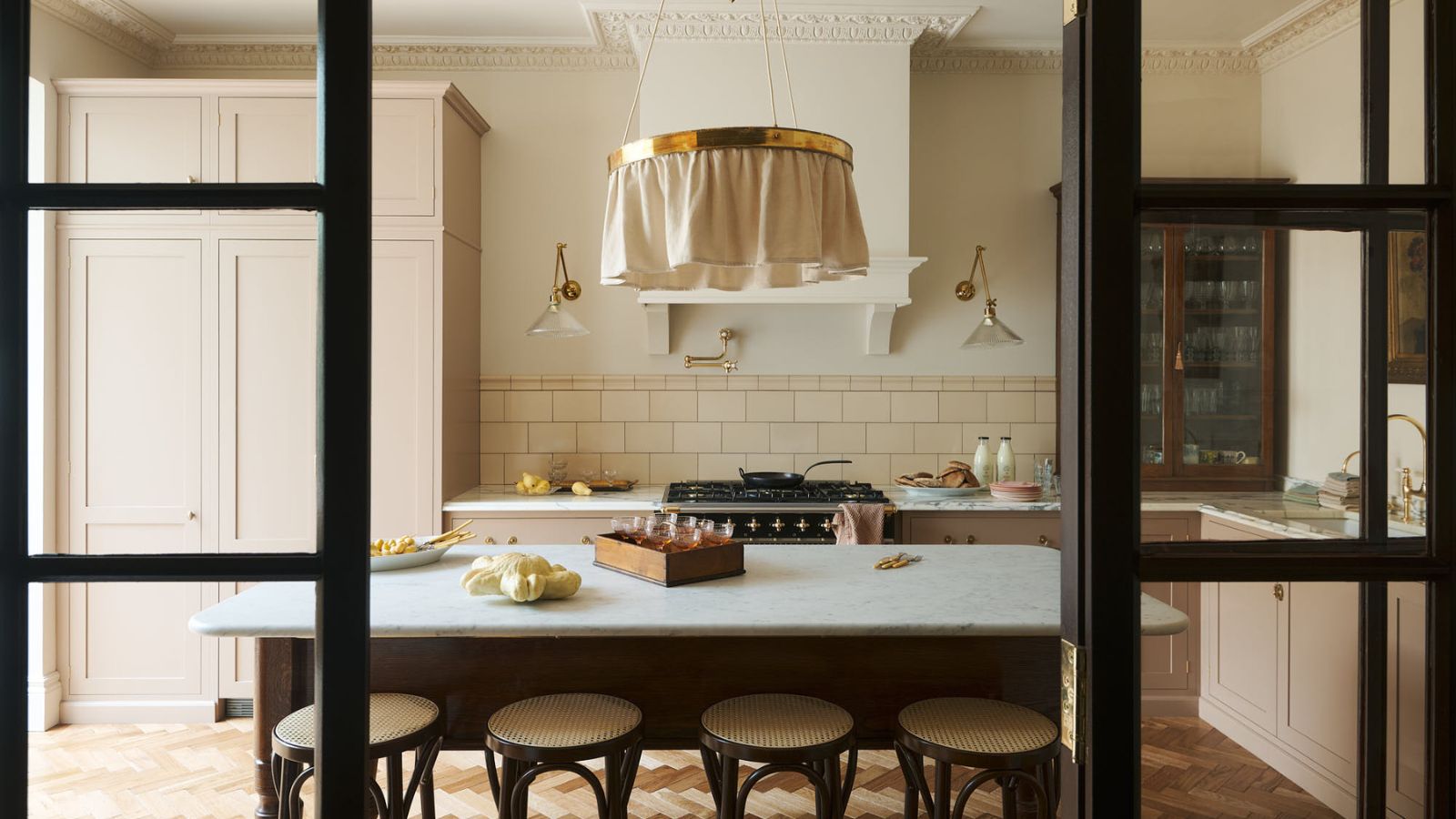 I tried this one easy dishwasher trick and made the annoying need for manual drying a thing of the past
I tried this one easy dishwasher trick and made the annoying need for manual drying a thing of the pastIf you hate those little pools of water left on your cups and crockery, this towel trick is for you
By Punteha van Terheyden
-
 5 freezer cleaning mistakes you must avoid – or risk compromising your food quality and shortening the lifespan of your appliance
5 freezer cleaning mistakes you must avoid – or risk compromising your food quality and shortening the lifespan of your applianceAvoid these blunders for a safer kitchen
By Seraphina Di Mizzurati
-
 If your home's facade is riddled with cobwebs, this $12 tool makes cleaning once-unreachable spots simple and speedy
If your home's facade is riddled with cobwebs, this $12 tool makes cleaning once-unreachable spots simple and speedySay goodbye to cobwebs and hello to a fresh and clean facade
By Rebecca Shepherd